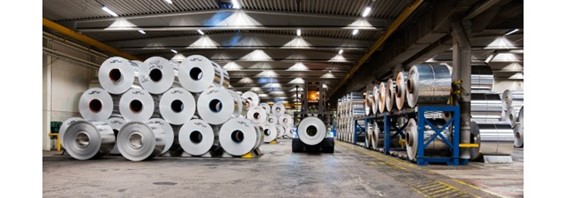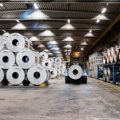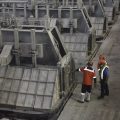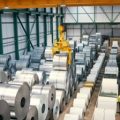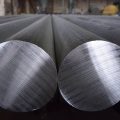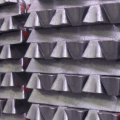‘Towards a fairer and cleaner aluminum trade, on current challenges in the global aluminum trade’. This is the title of the report that the Aluminum Association, European Aluminum, the Aluminum Association of Canada and the Aluminum Association of Japan have recently jointly issued to demand action by trade officials on distortions in international aluminum markets.
The paper cites OECD data revealing how massive state subsidies, especially in China, have distorted aluminum supply chains and damaged the environment. The briefing was shared with key trade ministers from all G7 nations (Canada, France, Germany, Italy, Japan, the United Kingdom and the United States).
In the report, they express concerns about competition in international markets that are shared by many governments and business sectors, in part because of the need to update international trade rules regarding domestic subsidies and other market-distorting support.
The OECD has examined in depth the distortions in international aluminum markets. In 2019, this analysis illustrated the importance of non-market forces contributing to increased and more concentrated production capacity in the aluminum sector. Between 1995 and 2020, China went from being a relatively minor global player to becoming the world’s largest producer, by a wide range of alumina, primary aluminum and aluminum semifabricated products. China currently accounts for 58% of world production.
“New economic opportunities in strategic sectors are at risk. The aluminum value chain operates in a growing global market, with demand expected to increase by as much as 80% by 2050. Beyond its beyond its traditional manufacturing base, the industry is poised to be a critical source of essential components of critical components for light vehicles, renewable energy systems, smart and consumer buildings,” they add.
In 2021, the OECD took an in-depth look at government support provided through below-market financing to more than 300 companies in 13 industry sectors. This analysis included 32 aluminum companies with a combined 70% share of the world market. During the last decade, governments provided loans for a total of
These high levels of aid crowd out the production of unsubsidized firms that cannot compete with those of unsubsidized firms, unable to compete with the deep pockets of the state, reduce their short-term profitability, discourage new private investment and threaten their long-term viability.
In the United States, Europe, Canada and Japan, the industry directly employs nearly 500,000 workers and indirectly supports another 1.3 million jobs and more than $200 billion in economic output. These are well-paying jobs for skilled workers, often in rural areas with high unemployment.
In Europe, 600 plants operate in 30 countries, supporting 1,000,000 direct and indirect jobs, while in Japan, 84 plants and more than 2,400 companies operate along the aluminum value chain with 99,000 jobs. In the U.S., 660,000 jobs and wages totaling $44.7 billion depend on a regionally integrated aluminum value chain.
Canada operates nine smelters with 8,800 workers and supplies 55% of U.S. imports of unwrought aluminum. 55% of U.S. imports of unwrought aluminum.
Finally, the report concludes that “we need the freedom to build strong and resilient supply chains in an environment where public policies are transparent, predictable and non-discriminatory. These conditions are essential to incentivize the massive private investments required to decarbonize our sector, sustain our environment, strengthen the resilience of our industrial ecosystems, and continue to provide good jobs.”

